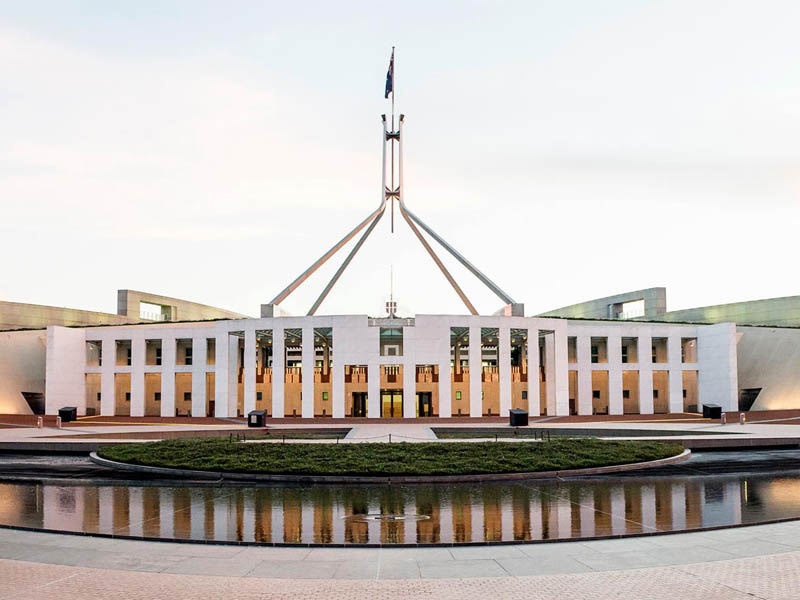It might be time for a rethink of Australia’s obsessive focus on small and medium-sized (SME) tech companies in relation to government procurement. The focus should be on Australian companies – regardless of size – building sovereign capability.
In Defence, where this SME engagement policy on mega-projects is more rigidly applied to build sovereign capability in areas of strategic importance, this SME focus has enjoyed some success. This is because sovereign capability is a key part of the procurement goal.
This is not the case in relation to information technology, and the supposed flow-on effects for positive industry development outcomes are noticeably diluted.

In the case of tech, there is literally no evidence that this focus on SME engagement in government procurement has ever worked. If the goal of the focus on SME’s has been to turn small Australian companies into large internationally competitive companies, then it has not worked.
For decades, in one guise or another, various governments in Australia have sought to encourage the large multinationals that dominate the government technology landscape in this country to engage with local SME’s when bidding for big public contracts.
The thinking has been that by earning this kind of government work, these SMEs would get a foothold into the market.
Having been gently nurtured under the protective wing of a friendly giant, these small Australian tech companies would become large. So, where are they?
The evidence is in. Governments carrying on about SMEs does not work. It’s time to move on. The focus should be on building sovereign capability and sovereign capacity. That mean a positive weighting in tech procurement should be applied to Australian companies, regardless of size.
This would mean emulating US government policy in this regard. Imitation is the sincerest form of flattery after all. Like the Biden administration, the Australian government should use its procurement dollars to build national capability.
It would be helpful if Australian trade officials were less timid on this issue.
It’s understood DFAT bureaucrats have been running around with their hair on fire in relation to Australian steel since President Biden signed the Made in America executive order in January. But meanwhile no attention is being applied to the tech sector – where the jobs of our future are being created.
We need to follow the US on this issue.
It would be helpful also for policymakers to revisit breaking up contracts into smaller components to enable Australian companies to more easily compete for government business. This was an ambition outlined as a part of ICT procurement reforms under the National Innovation and Science Agenda.
It followed a campaign in the UK under Cabinet Secretary Francis Maude and the head of the Government Digital Service to breakup mega-projects in tech to deliver better value for money, better digital service outcomes, and to create opportunities for smaller UK companies.
Australia jumped on board this idea, but enthusiasm waned. The Digital Transformation Agency has shown itself to be uninterested.
So here we are. The shortlist of three vendors being looked at for Immigration’s massive visa processing project is instructive.
The three shortlisted candidates are – drum roll please – all US-based multinationals. IBM, Pega and Oracle. IBM is understood to have bid for the business on it own. Pega has teamed with US-based Accenture; while Oracle has teamed with big four consulting giant PwC, also based in the US.
How very Australian of us.
Do you know more? Contact James Riley via Email.


James, just think about this from the APS view. Option 1: You’re meeting Nowhere Pty Ltd in Wagga about our new systems. Option 2: You’re heading to the USA on an all-expenses junket to review reference sites at 4 locations for 2 weeks and meet the CEO. When it comes to blagging rights and career advancement it’s a no-brainer. “Hey James, how was your trip to the US? I saw the tweets. You discussed this with the CEO of IBM / Accenture / Oracle / PwC? Wow !! That sure beats those nobodies in Wagga Wagga. Hahahaha.”